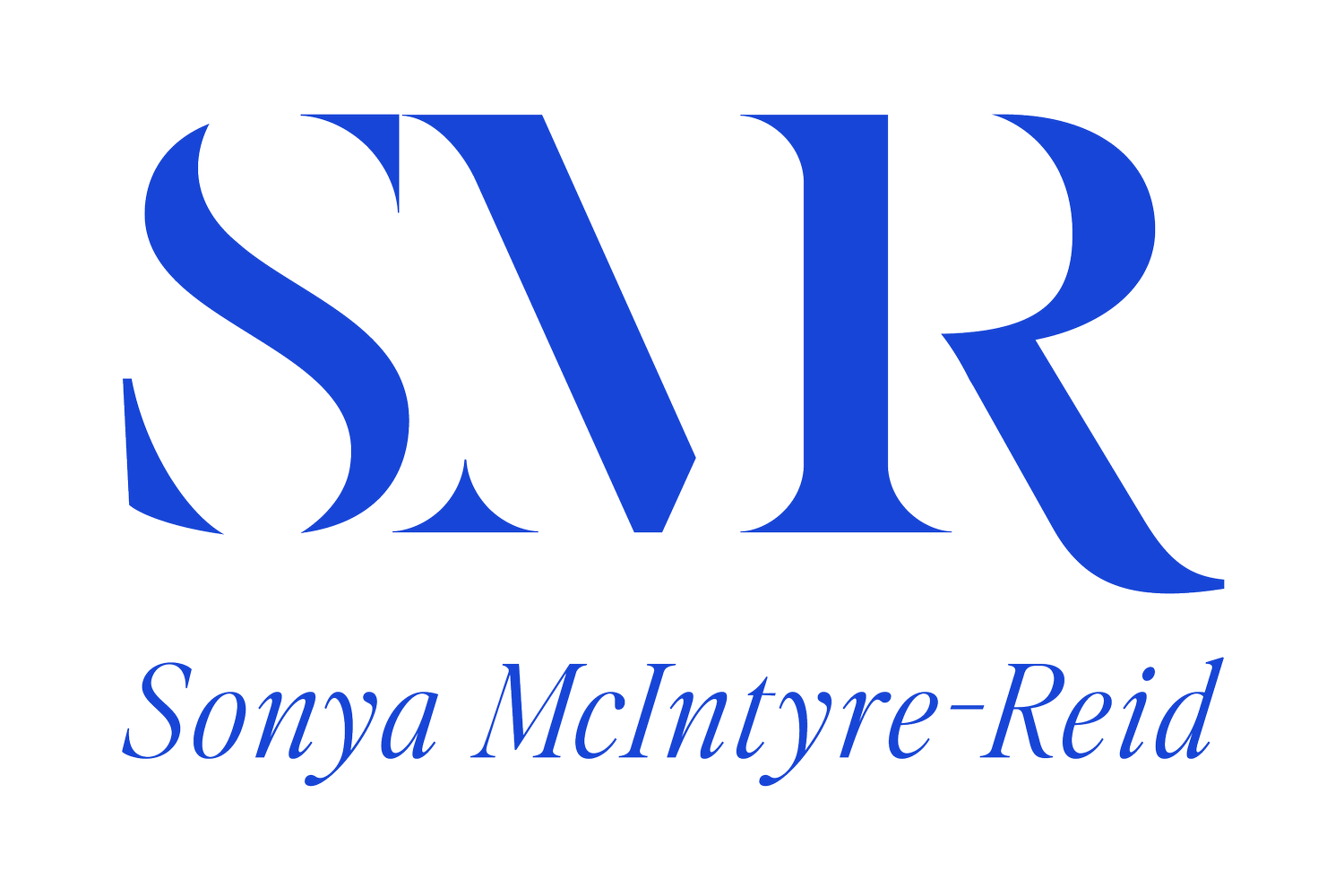The magic duo of digital advertising [pssst FREE marketing strategy inside]
Ah, bacon and eggs (affectionately known in my house as bae), Prince Harry and Meghan, Sunday mornings and sleep ins, it’s no secret that I'm a fan of magic combinations and the digital advertising world is no exception....
Introducing the magic combo of digital advertising - Google ads and Facebook retargeting!
Where do people go when they need your product or service? I'll give you one guess...
Yep. GOOGLE!
Did you know that there are 40,0000 google searches every second which is 3.5 billion EVERY DAY. Mind-blowing, right?
There's been a lot of noise recently about how expensive Google ads are becoming. My response to that is, what's the alternative? There's Facebook (which we'll touch on shortly), or you can look at traditional advertising such as print, radio and tv. We all need to get it out of our heads that digital is a 'cheap' way to advertise. The question should never been 'how little can I spend on my advertising' but 'can I find something that WORKS so I can pour more money into it to generate more leads and more sales?'
The issue with these traditional forms of advertising is that they all touch on brand awareness - they aren't reaching people who are actively searching for your products and services. You're essentially paying for a tonne of people to see your advertising that a) may have no intention on ever buying and b) will reach a majority of people who aren't even your target audience. It's like pouring (an expensive) glass of water in the ocean.
I had a business contact me recently for our lead generation services, who was quoted $10,000 for three months of tv advertising by a small, local network - in crummy non-primetime spots. You've got to be kidding me! It is mind-boggling to me that businesses will still pay this, especially considering that the majority of us don't watch ads AND the ads are very hard to track for return on investment. Hands up here who pulls out their phone to scroll through 'gram or Facebook? In our house, we actually mute the ads when they come on.
Okay, rant over now.
Imagine instead, if you spent that money on Google ads and Facebook.
Here's a killer strategy that I use for service-based businesses.
Let me show you how Google ads and Facebook can work so beautifully together:
Sally is looking to build a house.
She has a google for 'Builders Geelong' with a catchy headline promising 'We build your home within 30 weeks or we pay you $5000'. WOAH she thinks, that's a bold claim and intrigued, she clicks through. She likes what she says but as it's such a big decision, she's not quite ready to reach out yet.
She checks out several other builds that popped up on the search results and while some sites appeal more than others she doesn't take any action.
That night, she's at home watching tv and scrolling through Facebook (during those ad breaks ;) ) when up pops an ad from the builder's site she first visited. It shows photos of gorgeous homes.
After dinner, she's scrolling through instagram in bed when up pops the same builder again, but this time, they're offering an amazing deal of 40k of bonus extras and she decides to click on the ad to book an appointment to talk to them. Once she clicks the ad and her details are pre-filled, making it super fast and easy. She clicks 'submit' and the next morning she receives a call from the company inviting her in for a consultation at her earliest convenience.
Now, this is an oversimplified version of the process, she could have also seen testimonials pop up, examples of house plans, etc over the period of a few weeks before deciding to click submit on that ad and start the process of enquiry further but the outcome is still the same. The company whose website she landed on didn't 'waste' the money on the ad words, it allowed them to then start following her around with specific campaigns and calls to action, building trust through the content and giving her an enticing offer.
And best of all?
It's all completely trackable and that builder knows exactly how much it costs them per lead. Once they have been running campaigns for a suitable period, they can then come up with a metric around how effective their sales team are and how many leads it takes on average to close a client. Pretty darn amazing if you ask me!
In summary, here’s how the magic unfolds:


